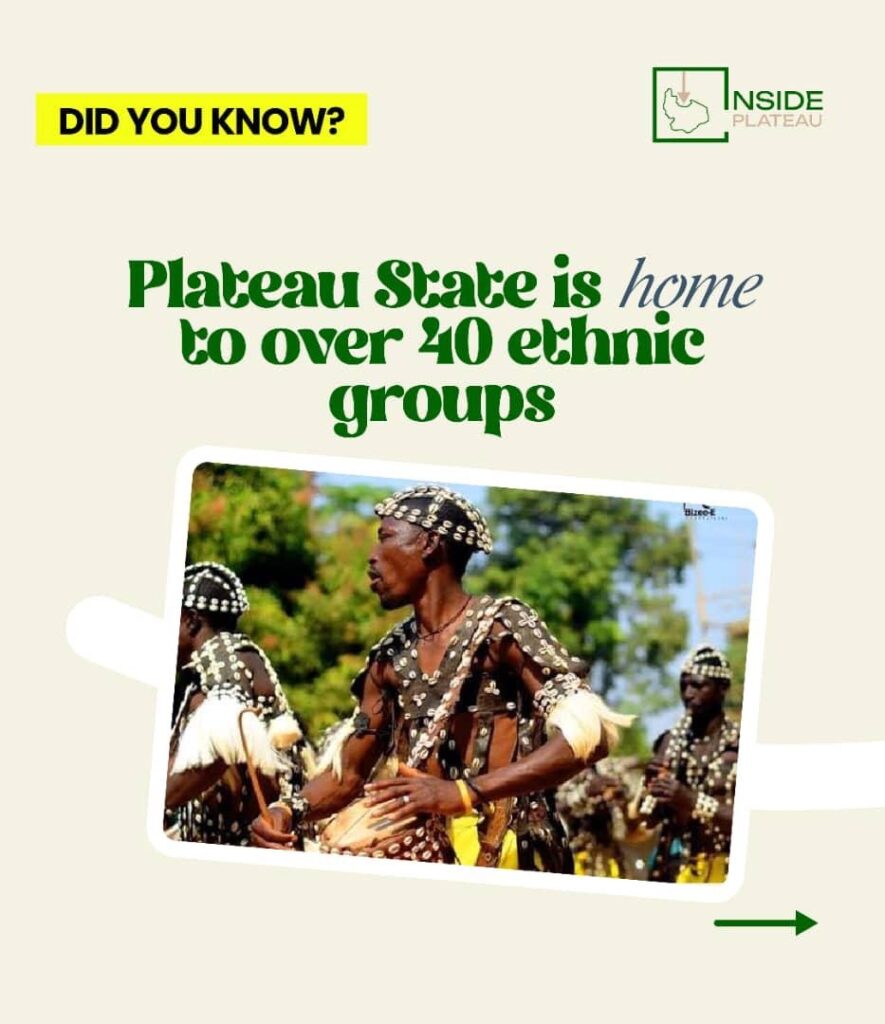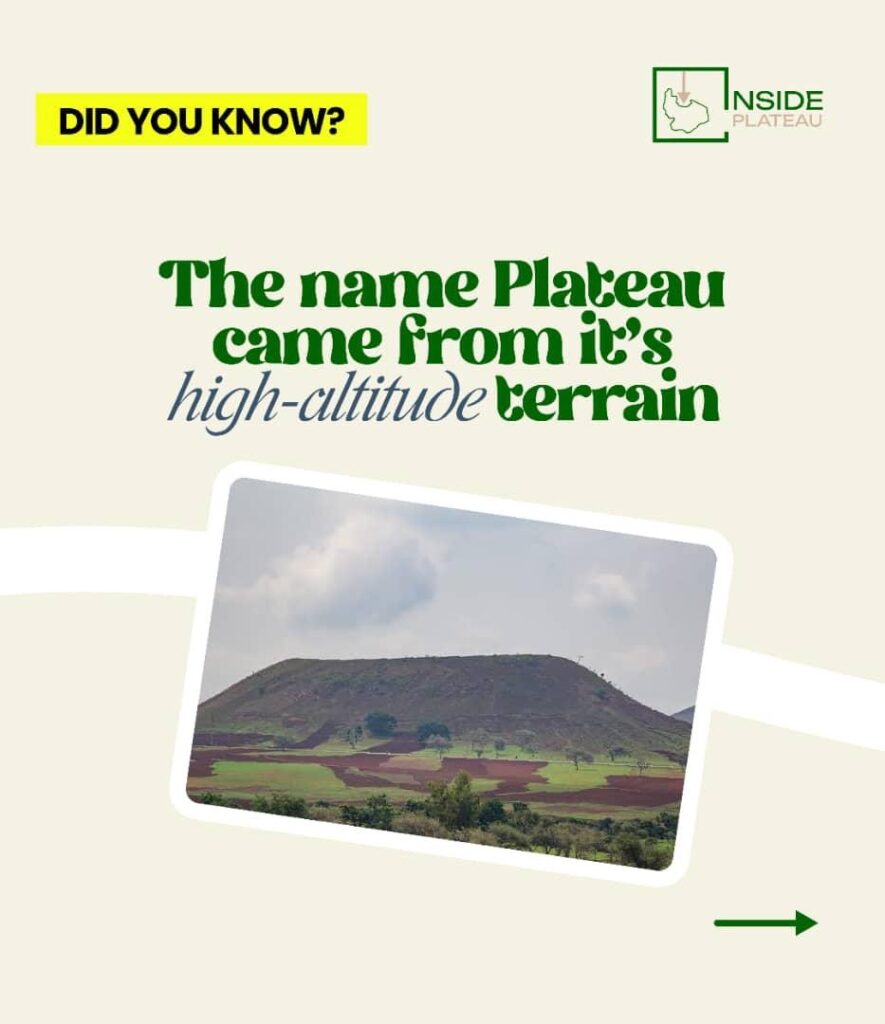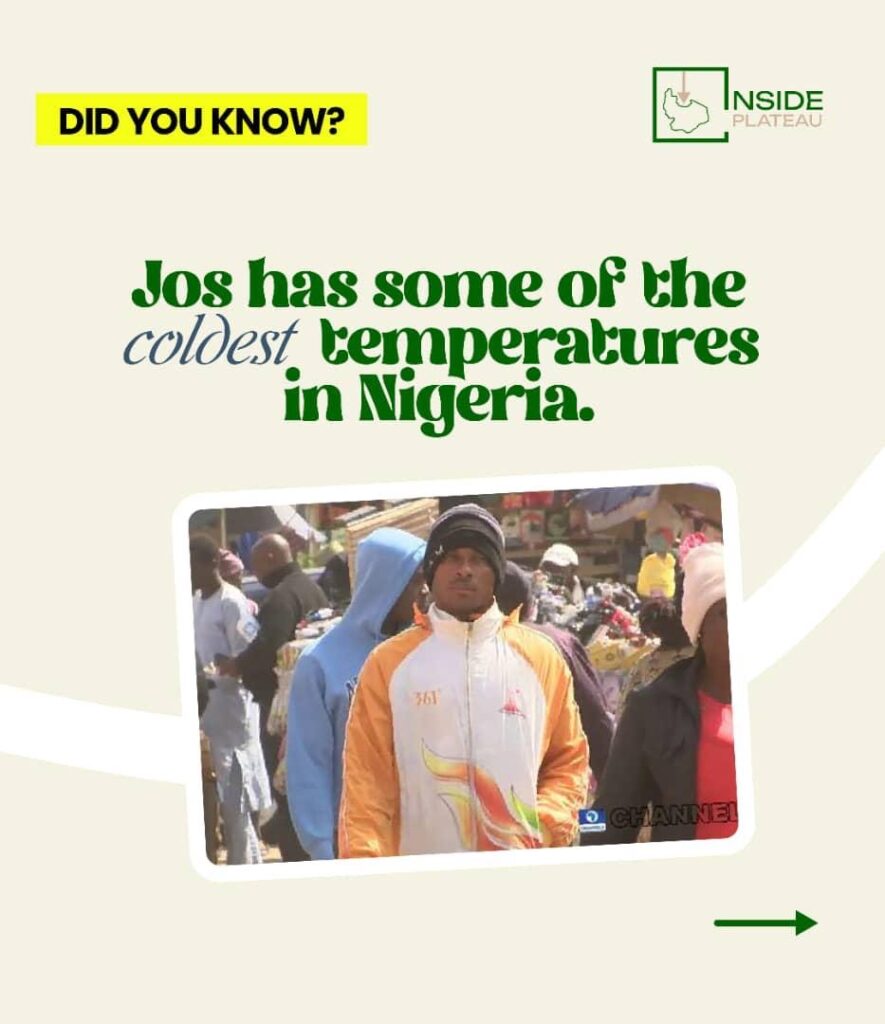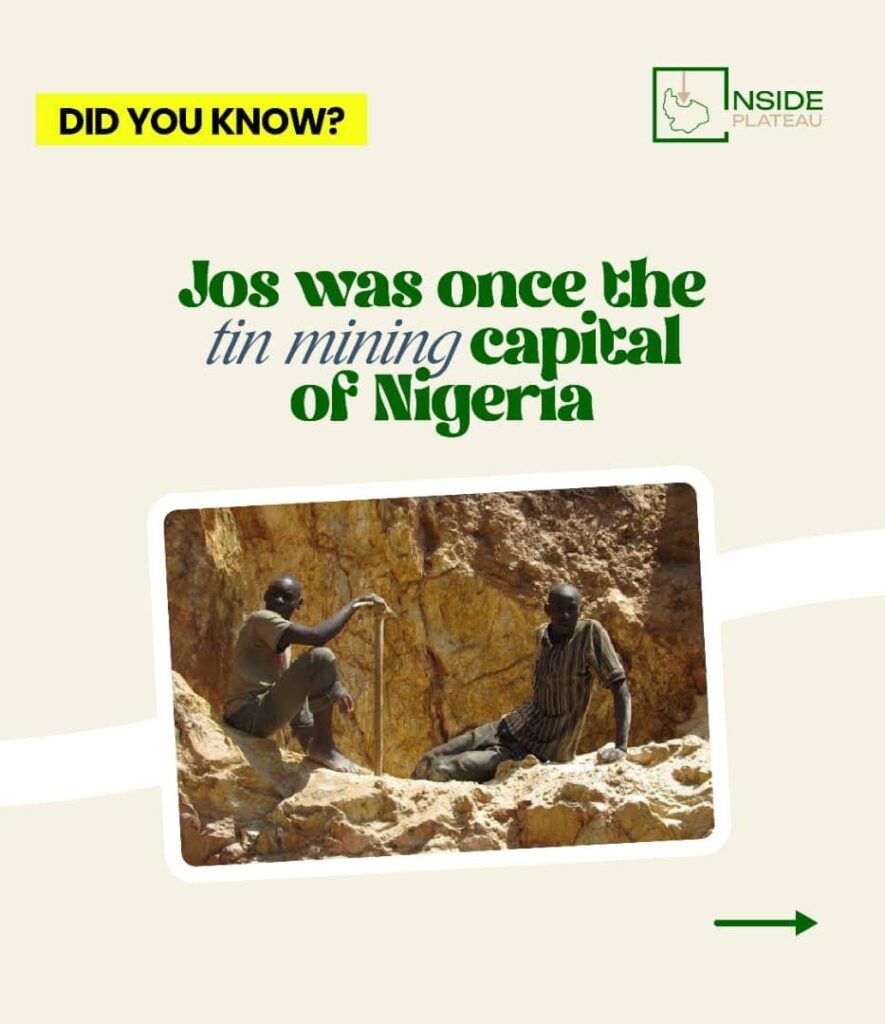Welcome to the “Home of Peace and Tourism” Plateau State, where cultural diversity meets natural beauty in Nigeria’s Middle Belt region.

Did you know that Plateau State is home to over 40 ethnic groups? In fact, recent research reveals that the Jos Plateau actually hosts over 60 ethno-linguistic groups, making it one of the most culturally diverse regions in Nigeria. The indigenous communities include the Berom in the northern plateau, the Ngas in the southeast, and smaller groups like the Mwaghavul, Pyem, Ron, Afizere, Anaguta, Aten, Irigwe, Chokfem, Kofyar, Kulere, Miship, and Montol peoples.
But the diversity doesn’t end there. The state has become a true cosmopolitan hub, attracting people from across Nigeria and beyond.L
Did you know that Plateau State was once considered Nigeria’s tourism capital? The state has rightfully earned this title through its breathtaking landscapes, cool climate, and numerous natural attractions. Jos, the state capital, serves as an important administrative, commercial, and tourist center that continues to draw visitors from around the world.
The state’s tourism credentials are impressive. From the majestic Shere Hills with their rugged rock formations perfect for hiking and climbing, to the serene Jos Wildlife Park where visitors can observe lions, elephants, and primates, Plateau State offers diverse experiences for every type of traveler. The massive dome-shaped rocky inselberg near Wase town stands as one of the state’s most striking geological features.

Did you know that the name “Plateau” comes from the state’s high altitude terrain? The Jos Plateau, which gives the state its name, sits at an impressive elevation with its highest points being Mount Shere at 5,843 feet and Peak Sara at 5,544 feet in the Wadi Hills. This elevated position creates the state’s unique geography and contributes to its distinctly cooler climate compared to other parts of Nigeria.
The plateau’s elevation has historically been significant beyond just geography. The higher altitude means the absence of the tsetse fly, which carries trypanosomiasis, making it an attractive destination for Fulani herdsmen and their cattle. This natural advantage has contributed to the area’s agricultural prosperity and continued settlement patterns.

Did you know that Jos experiences some of the coldest temperatures in Nigeria? Thanks to its high elevation, Jos enjoys a tropical but notably cooler climate than most Nigerian cities. Average monthly temperatures range from 21–25°C (70–77°F), but here’s where it gets interesting: from mid-November to late January, nighttime temperatures can drop as low as 7°C (45°F).
During the rainy season, the city even experiences hail due to the cooler temperatures at high altitude. The coldest month is January, with average low temperatures of 14.2°C. This unique climate has made Jos a favorite retreat destination for Nigerians seeking relief from the country’s typically hot tropical weather.

The Jos Plateau’s geological composition tells a fascinating story of Nigeria’s mining history. The younger granites contain tin deposits that have been mined since the beginning of the 20th century, during and after the colonial period. This tin mining boom transformed Jos from a small settlement into a bustling commercial center, earning it the nickname “Tin City.”
The tin was transported by railway to both Port Harcourt and Lagos on the coast before being exported internationally. This mining heritage not only shaped the city’s economy but also contributed to its cosmopolitan character as it attracted migrants from across Nigeria and Europe seeking opportunities in the booming tin industry.
Today, Plateau State stands as a testament to Nigeria’s diversity and natural beauty. Jos, which became the capital of Benue-Plateau State in 1967 and later the capital of the new Plateau State in 1975, continues to serve as a vital hub in Nigeria’s Middle Belt region. The city is strategically located about 200 kilometers from Abuja, the nation’s capital, and is well-connected by road, rail, and air.
Questions for Our Readers
How many of these fascinating facts about Plateau State did you already know? Are you surprised by the incredible ethnic diversity of the Jos Plateau? Have you ever experienced Jos’s famously cool climate?

